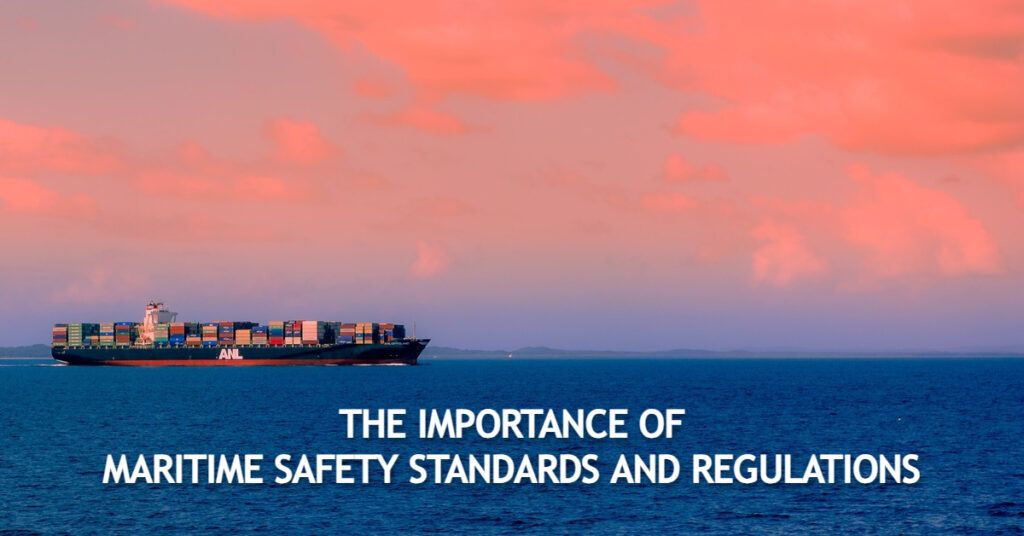In the complex world of maritime operations, ensuring compliance with international regulations and industry standards is crucial. Maritime audits play a vital role in this process, serving as a tool for maintaining safety, security, and environmental stewardship in the shipping industry. This article delves into what maritime audits entail, their significance, and best practices for conducting them.
What is a Maritime Audit?
A maritime audit is a systematic examination of a vessel's operations, management practices, and adherence to regulatory frameworks. This process assesses the effectiveness of the ship’s safety management system and verifies compliance with various international conventions, such as the International Maritime Organization (IMO) regulations, SOLAS (Safety of Life at Sea), MARPOL (Marine Pollution), and ISM (International Safety Management) Code.
Types of Maritime Audits
- Compliance Audits: These focus on ensuring that the vessel and its operations meet statutory and regulatory requirements.
- Operational Audits: These assess the efficiency and effectiveness of operational processes on board the ship.
- Management System Audits: These evaluate the implementation and effectiveness of the Safety Management System (SMS).
- Environmental Audits: These specifically focus on the vessel's environmental practices, ensuring adherence to MARPOL regulations.
The Importance of Maritime Audits
1. Enhancing Safety
Safety is paramount in maritime operations. Audits help identify potential hazards and areas for improvement in safety management practices. By proactively addressing these issues, vessels can reduce the likelihood of accidents and incidents at sea.
2. Ensuring Compliance
Non-compliance can lead to severe penalties, including fines, detentions, or even loss of license. Regular audits help ensure that vessels comply with international and local regulations, thereby avoiding costly repercussions.
3. Improving Operational Efficiency
Audits provide insights into operational processes, helping identify inefficiencies and areas for cost reduction. This can lead to better resource management and improved overall performance.
4. Promoting Environmental Responsibility
With increasing scrutiny on environmental impact, audits assess a vessel’s environmental practices, ensuring compliance with regulations aimed at protecting marine ecosystems.
Best Practices for Conducting Maritime Audits
1. Preparation
Before an audit, gather all relevant documents, such as the Safety Management System, previous audit reports, maintenance logs, and crew training records. This preparation helps streamline the audit process.
2. Involve the Crew
Engage crew members in the audit process. Their firsthand knowledge of operations can provide valuable insights and foster a culture of compliance and safety.
3. Use a Checklist
A standardized checklist can help ensure that all critical areas are covered during the audit. This can include safety equipment, training procedures, maintenance practices, and environmental controls.
4. Conduct Regular Audits
Establish a routine audit schedule, incorporating both internal and external audits. Regular assessments help maintain high standards and ensure continuous improvement.
5. Follow-Up
Post-audit, it’s crucial to implement recommendations and corrective actions promptly. Follow-up audits can assess the effectiveness of these measures and ensure ongoing compliance.
Conclusion
Maritime audits are an essential aspect of maintaining safety, compliance, and operational efficiency in the shipping industry. By conducting thorough audits, vessel operators not only protect their assets and crew but also contribute to the overall sustainability of maritime operations. Embracing a culture of regular audits will lead to better practices and a safer, more responsible maritime environment for all.
As the industry continues to evolve, staying ahead with proactive auditing measures will be vital for long-term success in maritime operations.






